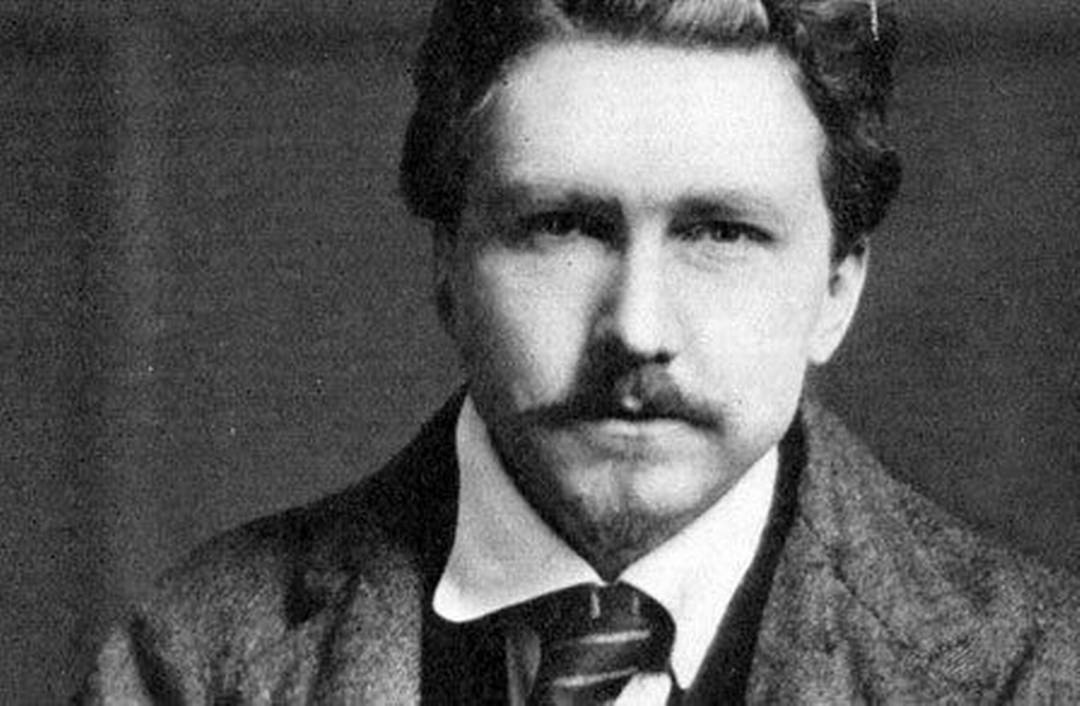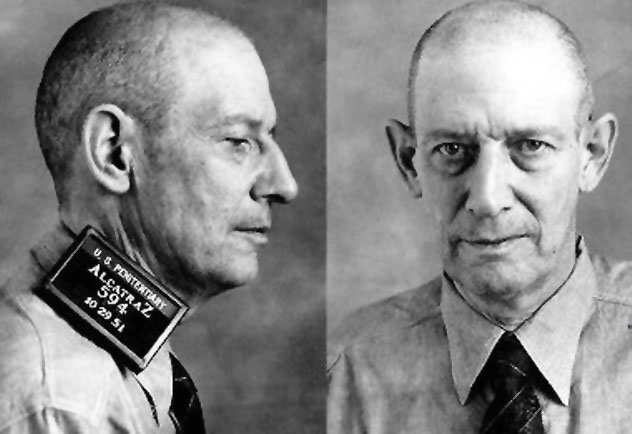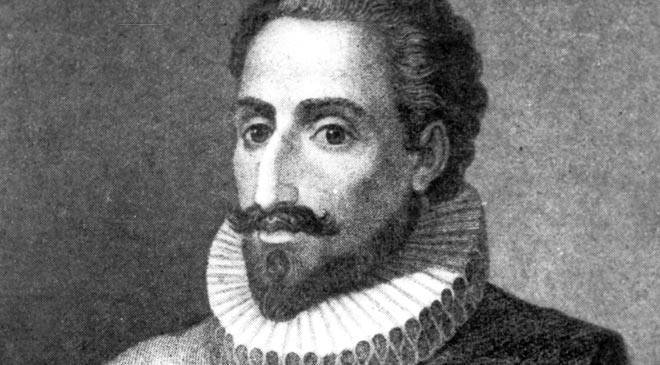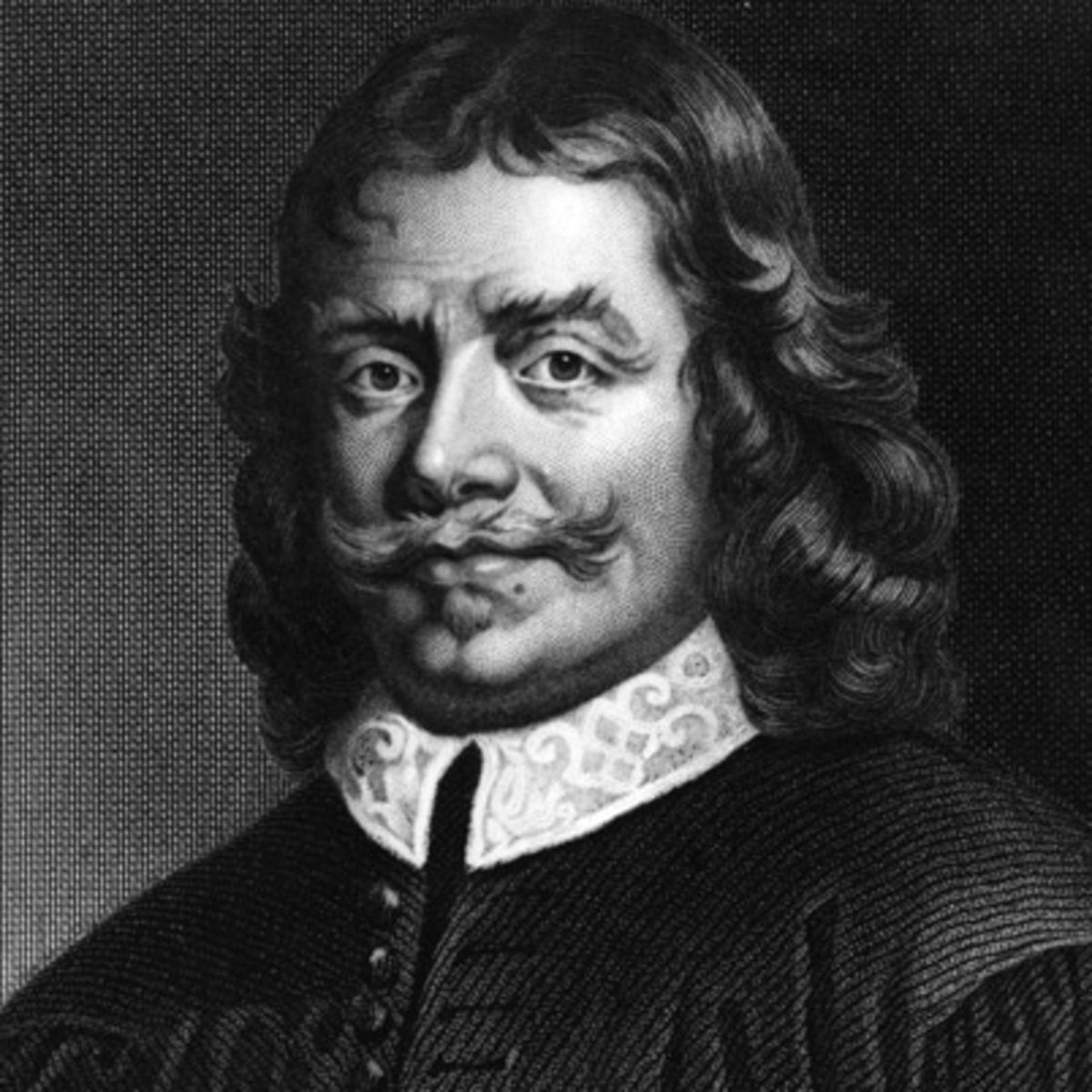Throughout history, a huge number of famous faces have served their time behind bars. Going to prison has shaped the destinies of countless amounts of people, helping them to turn their lives around for the better. For some cellmates, however, prison was just a starting point and rather than waiting until they had served their time to get going, these people got right to work while they were still serving their sentences. Just because you’re behind bars, it doesn’t mean that you can’t recreate yourself.
- William Addis

Once upon a time, oral hygiene was a very minor part of the everyday routine. In 18th century England, it wasn’t unusual for the everyman to rub cloth over their teeth to give them a good cleaning, sprinkling particles of salt or chalk to get rid of really stubborn stains. Towards the end of the century, however, things were set to change, all thanks to the ingenuity of one prisoner. William Addis was in the midst of serving a sentence for rioting when he stumbled across an innovative creation. Using a leftover bone and pig bristles, he fashioned himself a primitive sort of toothbrush to give his mouth a better clean. Over the years, he made a number of variants on the model, passing the business on to other family members who built it up into a major trade.
- Ezra Pound

One of the most famous poets in American history, Ezra Pound was no stranger to a prison cell. Having denounced the American way, Pound was tracked down in Pisa and locked up on charges of treason against his country. Having been locked away in a small steel cage, Pound soon began to go insane, writing his celebrated “The Pisan Cantos” to keep his mind in check. The work later won him the Bollingen Prize, one of the highest literary honors in the world at the time.
- Robert Franklin Stroud

Charged with one count of murder, Robert Franklin Stroud was handed a 12 year prison sentence in 1909. Due to his violent nature and methods of intimidation, Stroud had soon earned himself a life sentence and was moved to Leavenworth prison. It was due to this, however, that he discovered his calling. Finding solace in the birds that surrounded the place, Stroud began building wooden aviaries for the creatures. He even went on to write a number of celebrated books on the subject, which proved to be essential for the development of ornithology.
- Miguel de Cervantes

Born in a time of conflict, Miguel de Cervantes served in the Spanish Navy Marines until his capture by the Ottoman Turks in 1575. Living as a slave for five years in Algiers, de Cervantes began penning his now celebrated work, “Don Quixote”, in order to pass the time. During his time incarcerated, de Cervantes finished the two huge volumes of the piece, tragically dying just a year after the second tome was published.
- John Bunyan

A Baptist preacher in the mid 17th century, John Bunyan earned himself a place in prison after the Monarchy deemed it illegal to hold religious meetings outside of the Church of England. Despite his charges, however, Bunyan stood true to his beliefs, using his time in prison to work on his own teachings. While incarcerated, Bunyan created “The Pilgrim’s Progress”, one of the most famous works in the English literary canon ever written.
- Aung San Suu Kyi

A political figure in Burma, Aung San Suu Kyi was arrested just before the country’s 1988 elections, creating huge outrage amongst the country’s citizens. Remaining under house arrest for a period of 15 years, Aung San Suu Kyi kept up her beliefs in democracy, speaking in favor of a fair election process. Her consistent efforts won her a Nobel Peace Prize and a huge win for her party in 2015, finally toppling the string of dictatorships that had taken over the country.